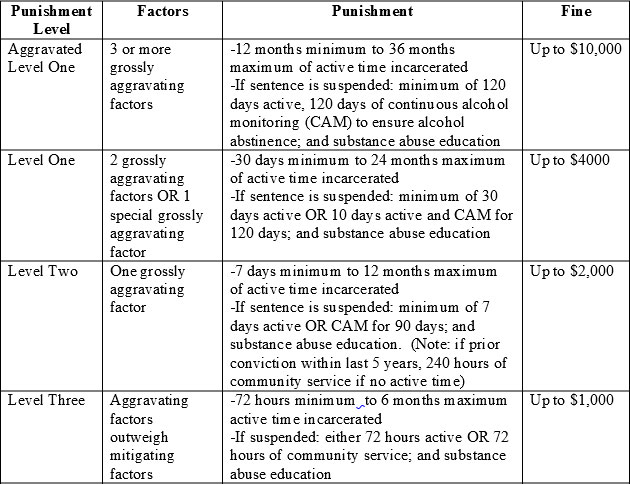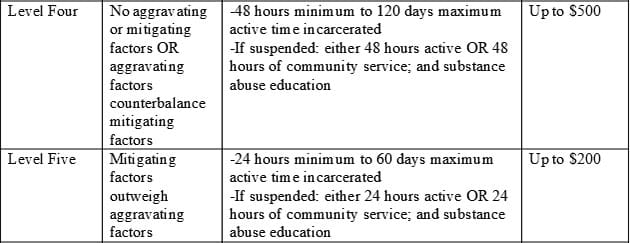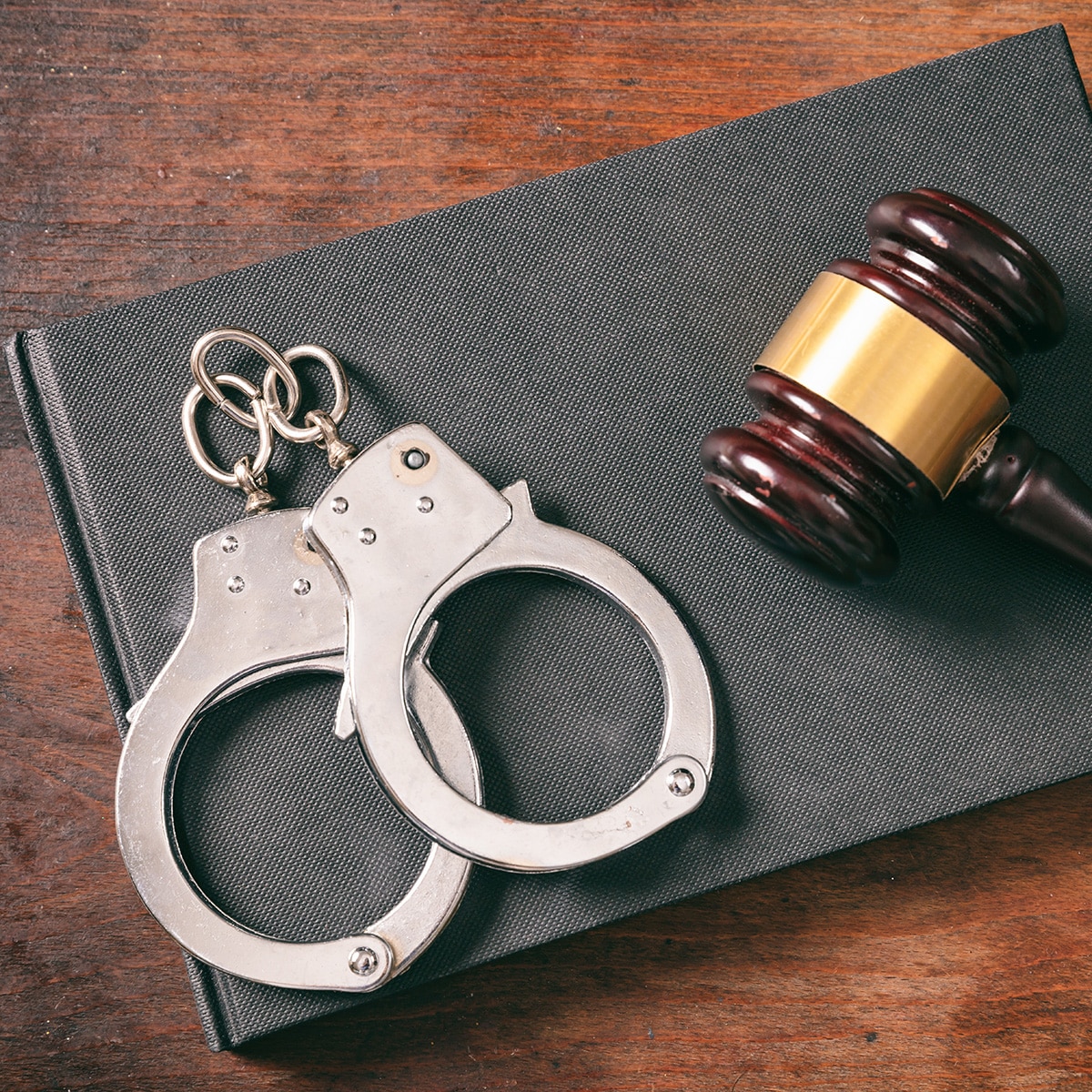Guided by Expertise
Dedicated DWI Lawyers
Driving while impaired (more commonly known as DWI) is the criminal act of operating a motor vehicle while subject to an impairing substance. While at first glance it may appear to be a straightforward charge, driving while impaired is a very complicated and nuanced area of North Carolina criminal and motor vehicle law. The information below is intended to help you understand some of the basics of driving while impaired laws in North Carolina. If you are facing a charge of driving while impaired, we hope you will consider contacting our office for assistance, as we have a great deal of experience litigating and defending the rights of North Carolina citizens facing this potentially life-changing charge.
Driving While Impaired Law
The State of North Carolina has the burden of proving beyond a reasonable doubt each of the following elements in order to obtain a conviction against a Defendant for driving while impaired:
- A person drives
- A vehicle
- On a street, highway, or public vehicular area
- While under the influence of an impairing substance (one of the following three methods):
- The state of a person having his or her physical or mental faculties, or both, appreciably impaired by an impairing substance; OR
- After consuming a sufficient quantity of alcohol that the person has a BAC of 0.08 or more at any relevant time after the driving; OR
- With any amount of a Schedule I controlled substance or its metabolites in his or her blood or urine.
There are certain “elemental questions” for each element of this offense that our skillful attorneys evaluate in every driving while impaired case when preparing a defense. Here are some examples:
- What does “drives” mean?
- Does the timing of the driving matter?
- How does the State prove driving?
- What counts as a “vehicle” in North Carolina?
- Bicycles? Golf Carts? Horses? Lawn Mowers? Mopeds? Motorized Scooters?
- What is a public vehicular area?
- Private vs. public roads? Parking lots? Dirt roads? Driveways?
- What if pulled off on the side of the road?
- What does appreciable impairment mean?
- How does the State prove impairment?
- Do lawfully prescribed medicines count?
- How does the State prove a .08?
- What if a person blows under a .08 but is still charged with DWI?
- Does marijuana count?
- How does the State prove Schedule I metabolites?
- What if a person refuses all testing
These are just a few of the many questions a trained attorney will look to answer in every single driving while impaired case. In addition to the various factual issues that arise in a driving while impaired case, there are legal issues and hurdles that the State must be ready to address. The case law in this area is voluminous and complex.
Motions in Driving While Impaired Cases
Everyone knows the saying, “the best defense is a good offense.” This is a virtue that we strongly believe in here at the Law Offices of John Barrow, PA. Often, our attorneys will go on the offensive, attacking the State's driving while impaired case by pre-trial motion. A pre-trial motion is the assertion by a defendant that the arresting officer (or another officer involved in the DWI process) has made a legal error nullifying some aspect of the State’s case, thereby entitling the Defendant to the suppression of evidence, or in some instances, a dismissal of the case!
Some examples our attorneys look for are as follows: Was there a reasonable, articulable suspicion justifying the traffic stop of the Defendant?
- Did the officer unlawfully extend a traffic stop for a purpose unrelated to the original mission of the stop?
- Did the officer properly and fully develop probable cause to arrest the Defendant for DWI?
- Did the officer properly follow all procedures in obtaining a breath sample?
- Was the officer entitled to obtain the blood of the Defendant?
- Was there some other illegal search or seizure related to the case?
- Were statements of the Defendant illegally obtained by the officer?
Understanding how and when to assert these potential motions is essential to a strong DWI defense. John Barrow and Eddie Shifflette will evaluate these questions, along with many others, when preparing a defense to a DWI charge!
Consequences of a Driving While Impaired Conviction
A conviction for driving while impaired will change your life. It is a serious charge with serious consequences. Every DWI is sentenced under a special sentencing structure that is only used for DWI cases. DWI is a misdemeanor in North Carolina and counts as one prior record level point.


Grossly Aggravating Factors:
- Prior conviction for Driving While Impaired within seven (7) years of the current date of offense
- A conviction for Driving While Impaired during the pendency of the current charge
- A pending, remanded Driving While Impaired charge
- NOTE: Each of the convictions listed above is a separate grossly aggravating factor(i.e., 2 priors within seven years = 2 GAFs)
- Driving while license revoked for an impaired driving revocation
- Serious injury to another person caused by person's impaired driving at the time of the offense
Special Grossly Aggravating Factor:
- Driving by the Defendant while a child, person with mental capacity of a child, or a disabled person in the vehicle
- Child = under 18 years of age
If this factor is present, automatic Level 1, even if it is the only present grossly aggravating factor
Aggravating Factors:
- Gross impairment of Defendant's faculties while driving -Alcohol concentration of 0.15 or more within a relevant time after driving
- Especially reckless or dangerous driving
- Negligent driving that led to a reportable accident
- Driving by Defendant while driver's license revoked (for non-impaired revocation)
- Driving record consisting of multiple 3-point offenses
- Driving record with revocable offenses not involving DWI
- One or more prior DWI convictions more than seven (7) years previous to the current date of offense
- Conviction for speeding while fleeing/attempting to elude apprehension for conduct during the underlying DWI charge
- Conviction for speeding 30 mph or more over the limit for conduct during the underlying DWI charge
- Passing a stopped school bus during underlying DWI charge
- “Catch all” any other factor aggravating the seriousness of the offense
Mitigating Factors:
- Slight impairment of Defendant's faculties, resulting solely from alcohol, and Defendant's BAC did not exceed 0.09 at any relevant time after driving
- Slight impairment of Defendant's faculties, resulting solely from alcohol, with no chemical analysis having been available to Defendant
- Driving by Defendant during the underlying DWI was safe and lawful, but for Defendant's impairment
- A statutorily safe driving record by Defendant (no 4-point offenses or revocable offenses on record)
- Impairment of Defendant's faculties caused primarily by a lawfully prescribed drug for an existing medical condition, and the amount of drug taken was within the prescribed dosage
- Defendant submitted to substance abuse assessment and treatment -Defendant has completed treatment and abstained from alcohol for 60 days, as proved by CAM
- “Catch all” any other factor mitigating the seriousness of the offense
In addition to the above consequences, a conviction will stay on your criminal record for life (no expungement provision currently), you will be assessed additional court costs and fees, your insurance premiums will dramatically increase for three years, and your license will be suspended for a minimum of a year. Depending on the punishment level and prior convictions, you could receive up to a permanent license revocation from DMV.
Driving While Impaired Civil Revocation and Limited Driving Privileges
Civil Revocations: If a person is arrested for driving while impaired and blows a .08 or higher, they will be subject to a civil license revocation for thirty (30) days. After ten (10) days, we may be able to obtain a limited driving privilege for the remaining twenty days of the civil revocation period. After thirty days, you will need to pay a $100 civil revocation fee in order to have your driver’s license returned to you during the pendency of your DWI charge. New for 2025, some Level 2 DWI convictions qualify for a Limited Driving Privilege. Make an appointment, and we will explain it to you.
Limited Driving Privileges: Certain persons convicted of driving while impaired may qualify for a limited driving privilege. A limited driving privilege allows persons convicted of DWI the ability to drive a single vehicle for limited purposes during limited hours, such as to work, for maintenance of the house, to community service assignments, and to substance abuse education. If a person has a BAC of .15 or higher, they will have the additional requirement of an interlock device (blow and go) installed on their vehicle.
If a person refuses to blow into the Intoxilyzer at the station subsequent to arrest, they are subject to an immediate one-year revocation of their driver's license. This is in addition to a minimum one-year license suspension should the individual eventually be convicted of driving while impaired. A person may qualify for a limited driving privilege after six months of suspension for a refusal to blow.
The most common requirements for a limited driving privilege are as follows:
- Substance abuse assessment at a North Carolina-certified assessing agency
- DL-123 proof of insurance form from your auto insurance agency/carrier
- A work letter stating days and hours of work
- $100 limited driving privilege fee
The most common restrictions prohibiting a limited driving privilege are as follows:
- No valid license or a license that has been expired for more than one year at the time of the charge
- DWI committed while the individual was under 21 years old -DWI conviction in the preceding seven (7) years
- Current conviction is for a Level A1, Level 1, or High BAC 2 (new in 2025)
- Defendant has another pending charge for DWI
Conclusion
This guide only provides a basic overview of the vast area of law that is driving while impaired in North Carolina. Driving while impaired is incredibly complex and your rights are at stake! If you are facing a driving while impaired charge, please do not hesitate to contact our office and set up a no-cost consultation to discuss your options moving forward. We look forward to fighting for you!







